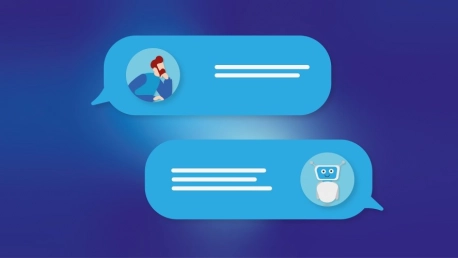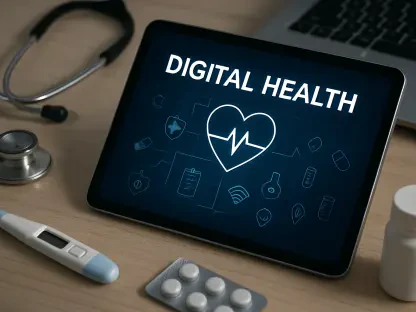Chatbots have been around since 1966 when scientist Joseph Weizenbaum developed ELIZA. However, it is only recently that more healthcare organizations and facilities around the world have started implementing them. While some individuals are skeptical about the widespread use of chatbots in customer service, others find them useful and claim that chatbots have enhanced their online assistance experience. With this in mind, should hospitals, urgent care facilities, and other healthcare organizations invest in chatbots in an attempt to improve patient experience?
The answer may prove simpler than we think. In reality, healthcare organizations are already using AI technologies to assist patients and upgrade their services. People in the US and abroad can now receive medical information promptly by simply using a chatbot. According to Appinventiv, chatbots can provide automated experiences that save significant time for medical professionals. Moreover, they can collect and securely store important medical information, enable patient monitoring, and provide informative support. Overall, it appears that AI-powered chatbots are already changing the healthcare sector for the better.
Analyzing Physician and AI Chatbot Feedback
A recent study aimed to address a critical question: can an artificial intelligence (AI) chatbot generate responses to patient questions that are comparable in quality and empathy to those provided by doctors? Chatbots are already helping patients find information about their medical conditions, list symptoms and treatments, and offer information about medications. Moreover, chatbots have also been employed to assist with appointment scheduling and answer frequently asked questions. However, considering their lack of emotional intelligence, many people are wondering if they could respond empathetically to patients’ questions.
The study demonstrates that the responses provided by the chatbot were considered significantly more empathetic than those provided by doctors and medical professionals. In fact, the latter were deemed to be 41% less empathetic than chatbots. The study was based on approximately 200 randomly drawn patient questions from a social media forum, and it also revealed that chatbot answers were preferred over doctor answers in terms of quality. According to the findings, chatbot responses received a mean rating above “good,” while physician responses were rated 21% lower, corresponding to an “acceptable” rating.
To sum up, this new study suggests that AI chatbots could assist doctors in formulating answers to patient questions. Moreover, evaluators think that chatbot responses were actually superior to doctor responses in 78.6% of cases.
The Disadvantages of Using Chatbots in Healthcare
Despite research supporting the idea of using AI-powered chatbots to answer patient questions, more studies are needed before drawing definitive conclusions regarding their potential impact in clinical settings. While chatbots can be helpful, particularly in providing feedback to patients, they may not be as effective as doctors and medical professionals when it comes to offering long-term emotional support or addressing special situations. Doctors, nurses, and medical professionals have the ability to respond to the various emotional needs of patients, offer personalized care, build trust, and assess cultural and situational differences.
According to another study, further research could prove valuable in determining how AI-powered chatbots could be used to improve the quality of care for patients, balance clinicians’ workloads, and revolutionize the healthcare industry in the future. While this new technology has proved to be safe and effective in answering patient questions, it cannot completely replace doctors, nurses, and other medical professionals. However, chatbots can undoubtedly be effectively integrated into clinical practice, working alongside doctors and other healthcare professionals to reduce costs, improve workflow efficiencies, and achieve better patient outcomes.
There is no doubt that chatbots are here to stay, and they can be used to improve the patient experience. Nonetheless, it is the responsibility of medical professionals to understand both the pros and cons associated with chatbot use and educate their patients accordingly.









